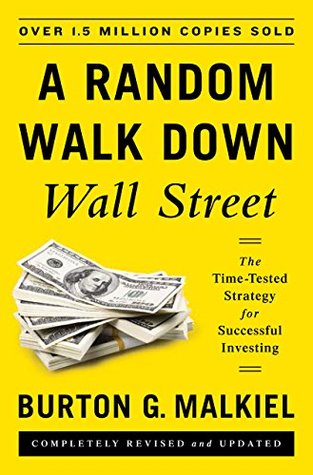If the stock rises, the call buyer exercises her option and presents $100 to buy a share of stock. The writer is obligated to deliver a share, but he owns only ⅔ of a share. Hence the writer must purchase ⅓ share at the then current price of $150. This costs him $50, for a net payoff of $50. If the stock falls to $75, the call is not exercised and the investor is left holding ⅔ of a share of a $75 stock, which is also worth $50. Thus, the investor has a final payoff of $50, irrespective of whether the stock rises or falls, and is thus perfectly hedged.
Welcome back. Just a moment while we sign you in to your Goodreads account.


